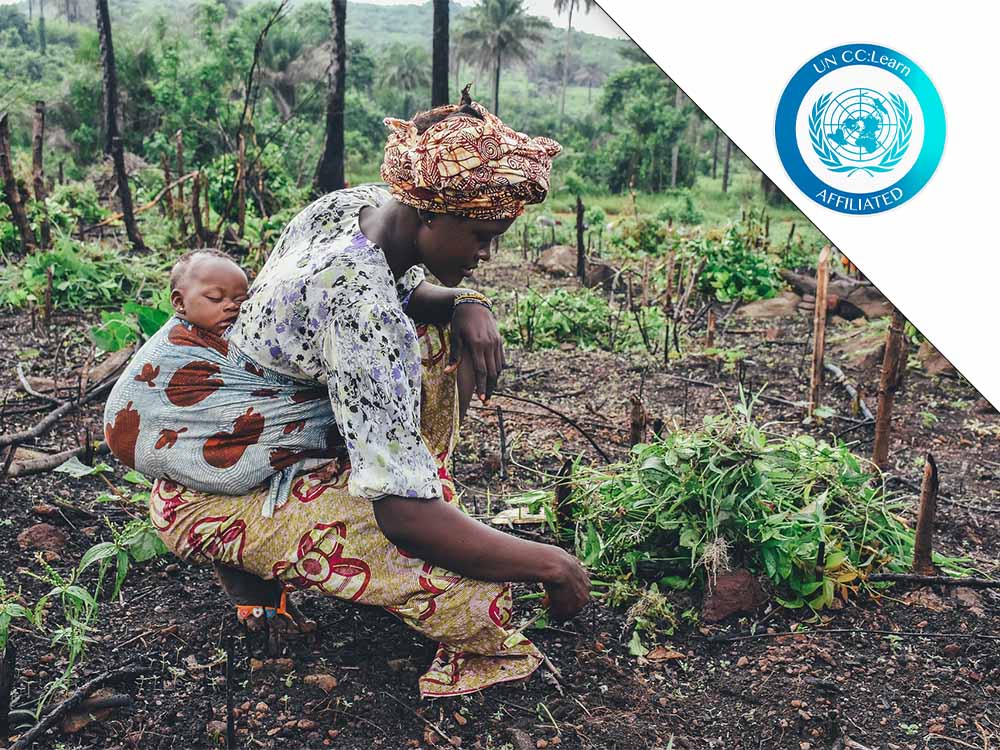Welcome
From hurricanes affecting communities in the Caribbean, to sea level rise threatening lives and livelihoods across the Pacific, heat waves and droughts across Europe, and people displaced in the context of extreme weather events, floods and droughts, the effects of climate change are already impacting human rights, including, the rights to food, water and sanitation, decent shelter, health, personal security, and even life itself. Climate change disproportionately affects the world’s most disadvantaged people – those who are the poorest, most exposed and have the least resources to withstand climate shocks and stresses such as extreme weather events. Climate action that is not anchored in a human rights-based approach risks further violating human rights.
This course addresses how human rights obligations require the international community to take more ambitious action to mitigate emissions, to support adaptation that benefits persons, groups and peoples in vulnerable situations, and to address loss and damage associated with the impacts of climate change. It demonstrates the importance of rights-based, participatory climate action, which leads to more coherent, sustainable and effective outcomes. Increased awareness and education on human rights and climate change have been identified as key variables to enhance and support effective, rights-based climate action.
Course at a glance
This course is self-paced and consists in seven modules packaged in one interactive material. The seven modules are:
- MODULE 1: Human rights impacts of climate change and corresponding human rights obligations: consists of an introduction to human rights and climate change, an overview of the human right impacts of climate change, and the corresponding human rights obligations.
- MODULE 2: Human rights in climate negotiations, agreements and action: introduces you to the incorporation of human rights in global climate change negotiations, agreements and action.
- MODULE 3: Climate change in human rights processes, agreements and action: introduces you to the incorporation of climate change in human rights processes, agreements and action.
- MODULE 4: Persons, groups and peoples in vulnerable situations: provides an introduction to the disproportionate impacts of climate change on persons, groups and peoples in vulnerable situations, and highlights considerations made in international and national processes to address these impacts.
- MODULE 5: Regional and national frameworks and action: provides an introductory overview to key regional human rights frameworks and mechanisms.
- MODULE 6: Rights-based climate litigation: highlights efforts by rights-holders to hold duty bearers accountable for climate change and the protection of human rights through examples of climate change litigation.
- MODULE 7: Right to development and climate change in focus: a case study on the linkages between climate change and the right to development.
Completion requirements
This course is certified providing a certificate of completion to those who complete the course and pass the final assessment. The final assessment consists in a quiz available at the end of the course which allows you to test your knowledge. against the learning objectives of the course. Once completed with at least 70% of correct answers, you will receive a certificate of completion. You have a maximum of three attempts. Please, access your certificate under the tap “Certification” on the main course page.
While each of the seven modules is followed by a short quiz (within the interactive lesson), these are not counted against the final grade. They are part of the learning process and aim to prepare you for the final quiz.

